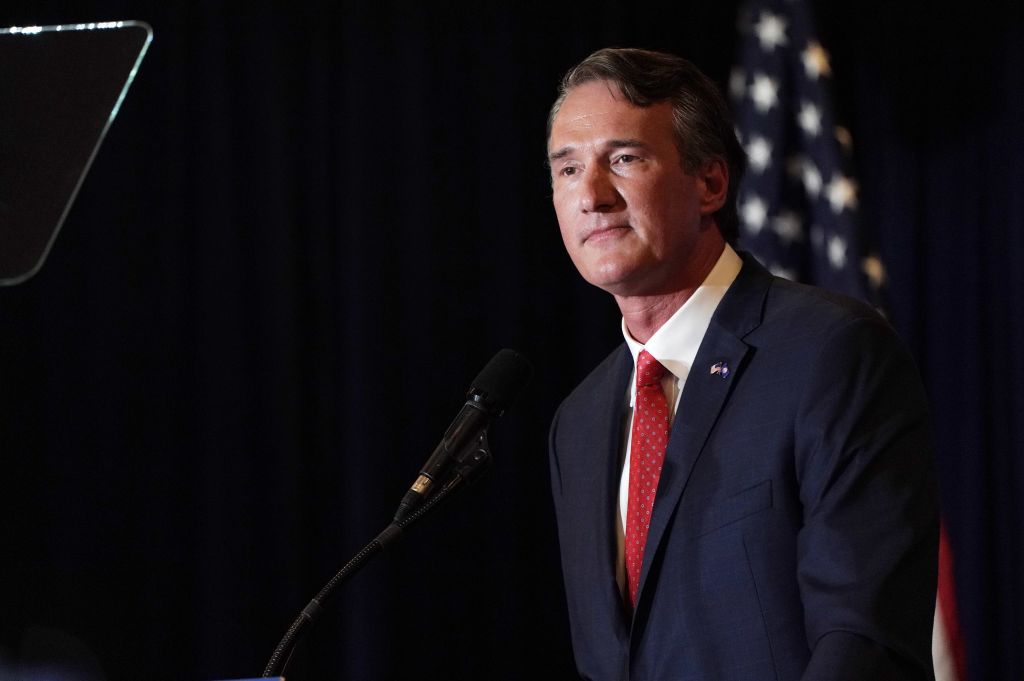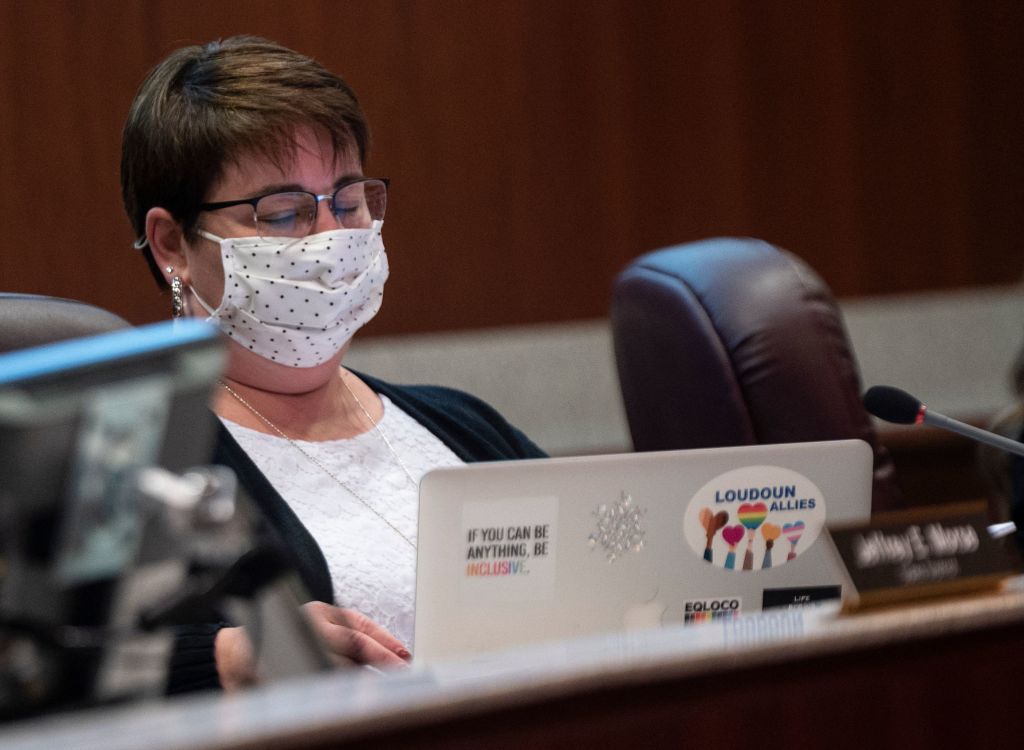This is the Right’s greatest opportunity in decades. Will we take it?
Back to Basics

So you won on education? Now reform it.
Breaking the political hold of Democrats over the state of Virginia, Glenn Youngkin and his fellow Republicans triumphed in the recent election to retake Richmond. Most voters reported that the biggest issue guiding their decision was not the economy, public safety, or their feelings on Trump. Instead, of all things, the main issue in this election was education.
Virginia’s school boards have been in the headlines this past year for a multitude of reasons: teaching Critical Race Theory, enforcing mask mandates, including pornographic material in their libraries, denying and appearing to cover up cases of sexual assault, accusing parents of domestic terrorism, and keeping schools closed longer than many thought necessary, even given concerns about Covid. Somehow, it emerged, Virginia’s state and local governments were able to make an already mediocre educational system even worse. Not only did students learn little to nothing, but now they were being radicalized, scandalized, and even brutalized.
For their part, Terry McAuliffe and most Democratic candidates took proud ownership of these problems, , downplaying or denying problems and pledging full trust in the broken system and the powerful educrats who run it. McAuliffe summed up this thinking with his fatal line—“I don’t think parents should be telling schools what they should teach.” For good measure, he also voiced his support for imposing racial quotas for hiring teachers.
While Youngkin and other Republicans would do well to simply reverse all these policies—ban Critical Race Theory and mask mandates, remove smut from school libraries, require higher safety standards and accountability measures on school campuses, and hire the most qualified teachers—they should also move beyond these symptoms and start treating the disease.
Progressive policies regarding the schools didn’t arise on their own, but are the logical conclusion of the public school monopoly. Not having to compete for student enrollment by producing high-quality education, educational leaders are incentivized to do as little as the law allows. In practical terms, this means reducing academic rigor, loosening up behavioral discipline, adopting various educational gimmicks to give the impression of actually doing something, and worst of all, shutting down parents and keeping them ignorant and uninvolved.
Teachers unions add another layer of unaccountability. Lazy yet opinionated, it is the unions that push for mask mandates, school closures, and progressive propaganda. Originally created to protect good teachers from wrongful terminations, it has now degenerated into protecting bad teachers from any repercussions.
Faced with these sources of incompetence and corruption, parents have almost no leverage to truly advocate for their children. If they have a complaint, even a serious one that might involve a criminal offense, school administrators and teachers have little reason to act—so many don’t. And now, if parents get too loud, school boards will even summon federal authorities to intervene and silence them.
Republican leadership can curb the most egregious excesses and try to protect parents from leftist intimidation. But these measures only last as long as Republicans are in office; more needs to be done to dismantle the public-school monopoly.
This can only ever happen through school choice. Parents of lesser means must have other options besides the public school in their zone. As Christopher Jacobs recommends in a recent article, “conservatives should instead let parents and families—the same ones McAuliffe wants to shut out of school decisions—choose where their sons and daughters can best get a quality education.”
Pure school choice—in which all parents are given vouchers for their children’s education and enrollment dictates a school’s funding—might not work right away. To reach this point, public officials and policymakers should institute gradual reform, establishing more charter schools, independent academies and vocational programs at public schools, and publishing academic and disciplinary information for every campus. These steps of introducing limited school choice and transparency could then be expanded into a voucher program.
Additionally, the feasibility of school choice depends on parents themselves playing a more active role in their children’s education. Besides working with their children at home, they would need to research which schools would work best for their kids. They cannot sit back and trust that the neighborhood public school will take care of their children’s intellectual, emotional, and physical needs.
Parents can become accustomed to the public school monopoly just as educators do. They need to be reminded that school is more than a fancy daycare for minors. Rather, it is an institution that will prepare young people for adulthood. When a school fails in this task, parents have a responsibility to enroll their children in a school that will succeed—even if that means homeschooling.
If the events of the last few months are any indication, parents are clearly ready to break free of the public school monopoly. So yes, Republicans are right to talk about education and engage in the accompanying culture wars, as Glenn Youngkin did in his campaign, but now they need to seize the moment and start effecting real change. They need to fight the teachers unions and school boards, and they need to give parents more options. Not only is this the will of people who elected them, but it’s also necessary to rescue the American education.
The American Mind presents a range of perspectives. Views are writers’ own and do not necessarily represent those of The Claremont Institute.
The American Mind is a publication of the Claremont Institute, a non-profit 501(c)(3) organization, dedicated to restoring the principles of the American Founding to their rightful, preeminent authority in our national life. Interested in supporting our work? Gifts to the Claremont Institute are tax-deductible.
A new project lays bare the use of public funds to promote hateful discourse.
Associations of school boards are the latest example of administrative power gone mad.



